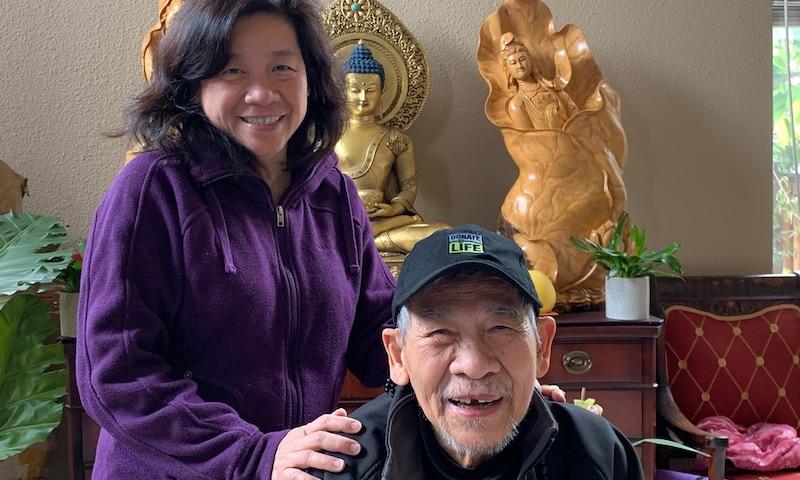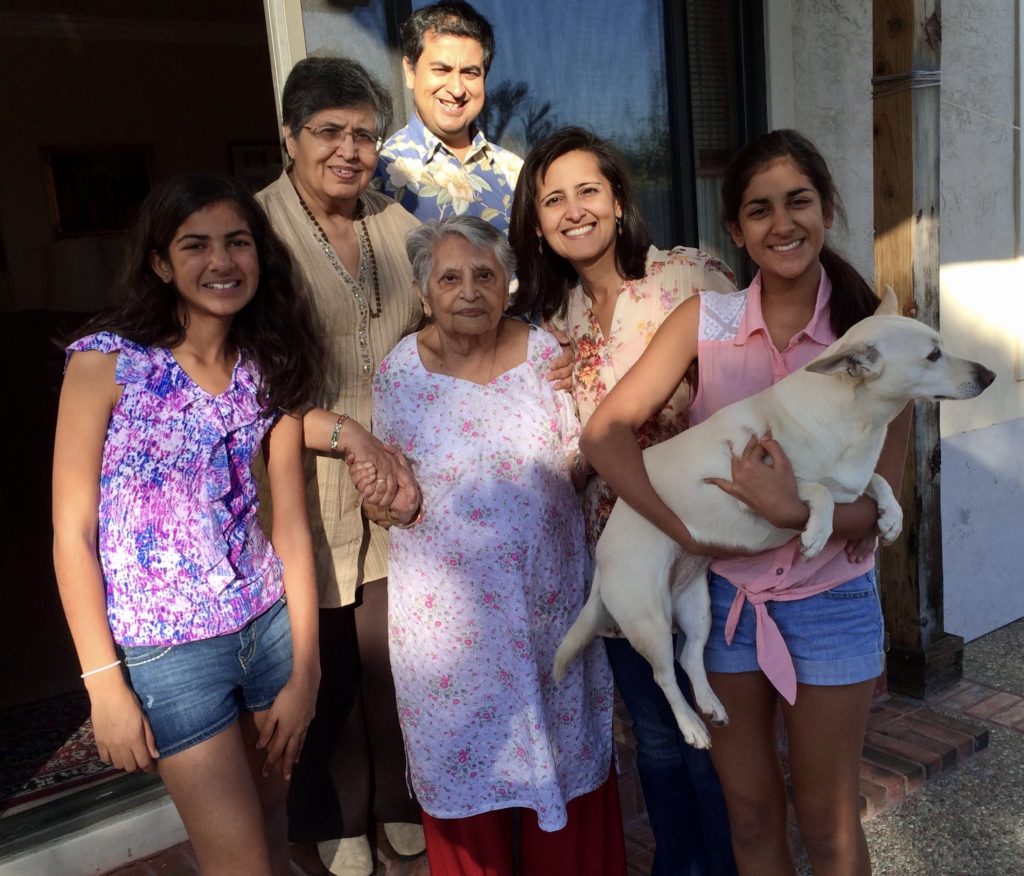GAP-Net sites UC San Francisco and UC Irvine are collaborating with the National Asian Pacific Center on Aging (NAPCA) to develop a registry for Asian Americans and Pacific Islanders.
How can Asian Americans and Pacific Islanders benefit from scientific research? Researchers at the University of California need you and your community to support the efforts.

UC San Francisco, UC Davis, UC Irvine, National Asian Pacific Center on Aging (NAPCA), International Children Assistance Network (ICAN) in partnership with over twenty community partners serving diverse Asian Americans and Pacific Islanders (AAPI) communities in California and nationwide, is pleased to announce the launch of the Collaborative Approach for AAPI Research and Education (CARE) research registry. The CARE registry team reflect multiple diverse AAPI cultures and languages. CARE is an opportunity for AAPI to participate in important research that may affect ourselves, our parents, children and grandchildren. Some of the important research may contribute to finding cures for and/or ways to prevent you and your loved one from getting Alzheimer’s disease and other dementias.
Although AAPI comprise more than 6% of the U.S. population and is the fastest growing racial group, they are among the least represented groups in health sciences research. A recent 2019 research paper published in JAMA Network Open revealed that between 1992 and 2018, the National Institutes of Health invested less than 1% of the overall budget to support clinical studies for AAPI research. Studies have shown that in the general population, 1 in 3 persons will have Alzheimer’s disease in their lifetime, and 1 in 3 adults aged 65 years and older will die from Alzheimer’s disease or related dementias. However, we do not know if this level of risk is true for AAPI due to limited available data. Therefore, it is imperative to engage and increase AAPI participation and representation in research, so that research findings will be applicable and of benefit to the AAPI community.
“For any chance of reliable disease altering treatments for Alzheimer’s disease that will work for me and my family, there needs to be Asian representation in the studies themselves,” said Edie Yau, Director of Diversity and Inclusion for the Alzheimer’s Association, Northern California and Northern Nevada Chapter. She further added, “Without us, we’re relying on data based on other populations.” Dr. Van Park, Associate Professor at the University of California, San Francisco and the Principal Investigator for CARE, wants to “make sure that the AAPI community has a voice in research. By creating this registry, it provides a venue to connect researchers with potential participants from the AAPI community.” Mi-kyung Nam, a Korean American caregiver caring for her mother, said “Research informed my family and I about what the best course of action for my mother (who was diagnosed Alzheimer’s disease).” “I hope our involvement in the CARE registry contributes toward a better understanding of the Filipino culture and how it relates to providing culturally relevant care for loved ones living with dementia,” says Tess Estrin, a Filipino caregiver caring for her mother who shared her story with CARE. “We need to be at the table so research findings can be relevant and of benefit to the AAPI community,” Dr. Park emphasized.
CARE’s research registry seeks to enroll AAPI who are 18 years and older, can speak and read English, Chinese, Vietnamese, or Korean, and interested in participating in potential research studies. Being a part of the research registry means that you are interested in learning more about research studies, but doesn’t mean that you will have to participate in those studies. Some examples of potential research studies that CARE registry participants may get contacted about include but are not limited to: prevention and treatment of Alzheimer’s disease and related dementias; aging-related health issues; and the health and wellness of caregivers. For researchers, this creates an easily accessible potential pool of participants who want to take part in research studies.
Signing-up for the registry is quick and easy. Interested AAPI can enroll by completing a brief online survey at careregistry.ucsf.edu/enroll-care or call the phone numbers to enroll in your preferred language:
- English – (669) 256-2609
- Mandarin Chinese – (800) 683-7427
- Cantonese – (800) 582-4218
- Korean – (800) 582-4259
- Vietnamese – (800) 582-4336.
For more information about CARE, please visit our website: careregistry.ucsf.edu
Help let the voices of the AAPI community be heard through research!
To arrange an interview with a CARE representative, please contact CARE at (669)256-7427 or careaapi@gmail.com.
Originally posted by CARE on October 19, 2020.
